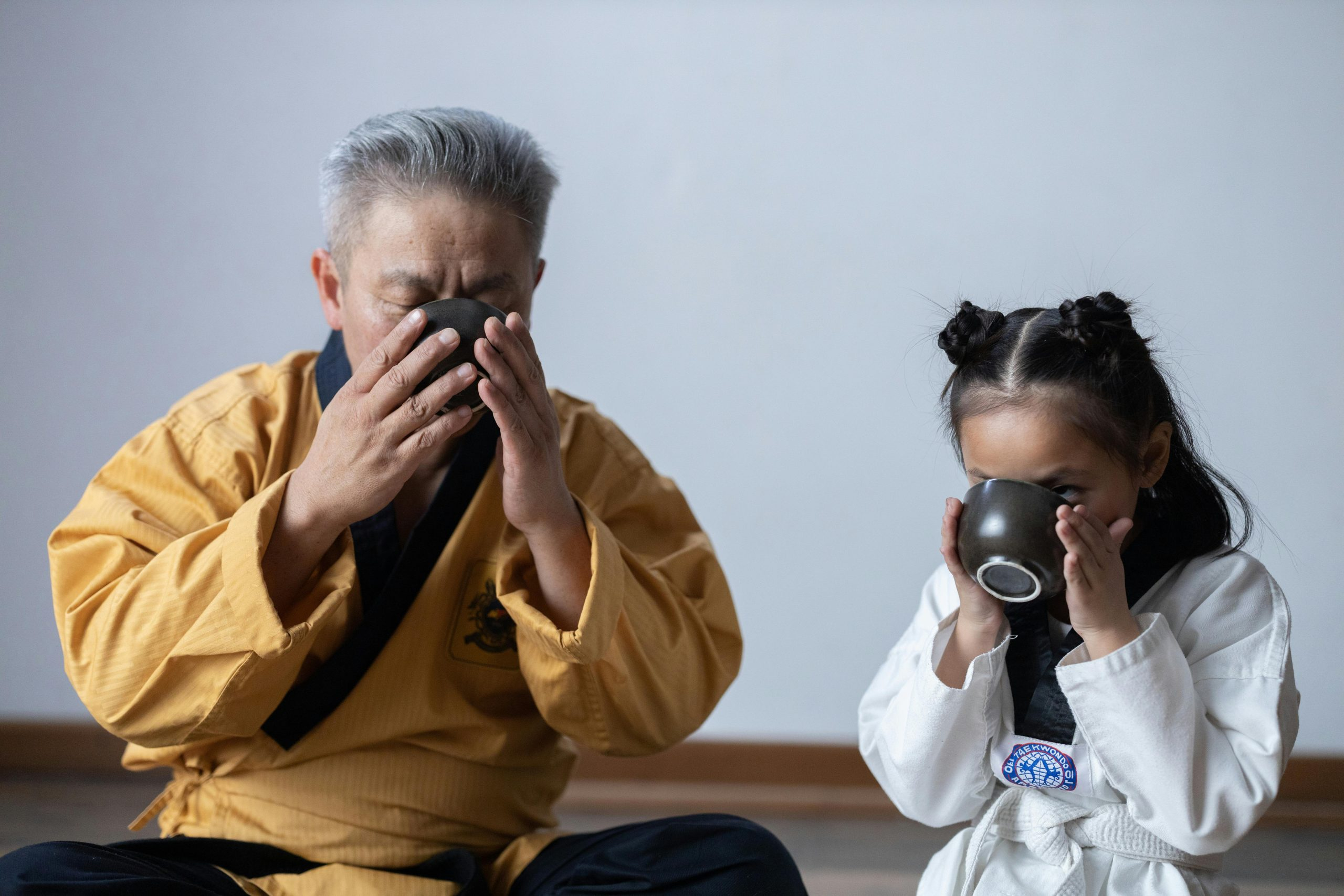Cultural Significance of Tea Ceremonies Worldwide
Every culture around the world has its own unique traditions and customs, each with its own rich history and cultural significance. One such tradition that has captured the hearts and minds of people across the globe is the tea ceremony. From its origins in ancient China to its widespread practice in Japan, the tea ceremony has become a universal symbol of grace, hospitality, and respect. In this article, we will explore the cultural significance of tea ceremonies worldwide and how this tradition has evolved and thrived in different cultures.
The Origins of Tea Ceremonies
The origins of tea ceremonies can be traced back to China, where tea was first discovered and used for its medicinal properties. It was later popularized by the Tang Dynasty in the 7th century, and its consumption became a part of daily life in China. Initially, tea was simply boiled and served in individual cups, but the tea ceremony as we know it today emerged during the Ming Dynasty in the 14th century.
The ceremony was heavily influenced by Zen Buddhism, which emphasized mindfulness, simplicity, and the appreciation of beauty in everyday life. This is reflected in the aesthetics of the tea ceremony, which focuses on appreciating the beauty of the tea utensils, the surroundings, and the tea itself. The tea ceremony also became a means for socializing, relaxation, and spiritual practice.
The Tea Ceremony in Japan
The practice of tea drinking and the tea ceremony spread from China to other parts of Asia, including Japan. In Japan, the tea ceremony took on a unique form and became known as “Chanoyu” or “Sado” (the way of tea). The Japanese tea ceremony evolved into a highly ritualized and codified practice, with strict rules and etiquette that reflect the values of Japanese culture.
The Japanese tea ceremony is based on the principles of harmony, respect, purity, and tranquility. The tea room, known as “chashitsu” is a sacred space, and everything from the design and layout of the room to the placement of the utensils is carefully curated to create a serene and meditative atmosphere.
The Cultural Significance of Tea Ceremonies
The tea ceremony is not just about drinking tea; it is a deeply spiritual and cultural experience that embodies the core values of different societies. One of the key elements of the tea ceremony is the act of serving and receiving tea, which symbolizes humility, respect, and hospitality. The guest is seen as equal to the host, and the exchange of tea is a way of showing appreciation and building relationships.
In Japanese culture, the tea ceremony is seen as a path to enlightenment and a way to cultivate inner peace and harmony. This is reflected in the Zen concept of “ichi-go ichi-e”, which means “one encounter, one chance”. It teaches us to cherish each moment and find beauty and joy in the present, rather than dwelling on the past or worrying about the future.
Similarly, in Chinese culture, the tea ceremony is seen as a time to slow down, reflect, and find balance in a busy and often chaotic world. Drinking tea is a mindful practice that allows one to focus on the present and appreciate the simple pleasures in life.
The Global Appeal of Tea Ceremonies
The practice of tea ceremonies has transcended borders and has been embraced by people all over the world. The universal appeal of tea ceremonies lies in its ability to bring people together and foster a sense of unity and harmony. In today’s fast-paced world, the tea ceremony provides a welcome escape from the hustle and bustle of daily life and offers a moment of calm and relaxation.
As tea ceremonies have spread to different cultures, they have also evolved and adapted to suit the unique characteristics and values of each society. For example, in Morocco, the tea ceremony reflects the hospitality and warmth of the people, while in Russia, tea is seen as a symbol of hospitality and strength in the face of adversity.
In Conclusion
The tea ceremony is so much more than a simple act of drinking tea; it is a cultural tradition that has withstood the test of time and continues to bring people together in a meaningful way. Its significance lies in its ability to foster connection, promote mindfulness, and celebrate the beauty and simplicity of life. Whether you’re enjoying a cup of tea on your own or participating in a tea ceremony with others, take a moment to appreciate the cultural significance and rich history behind this beloved tradition.










